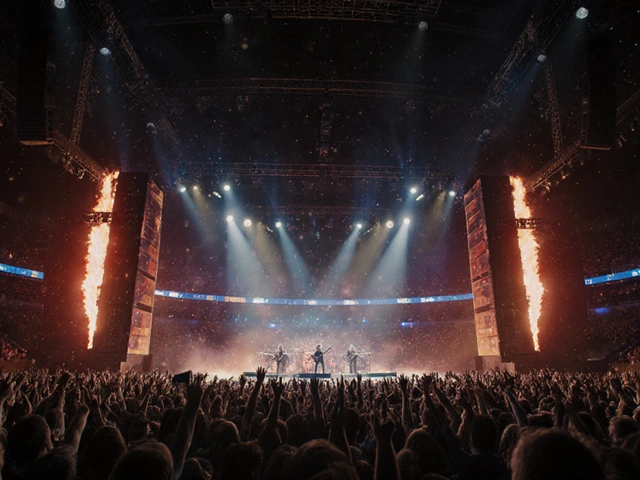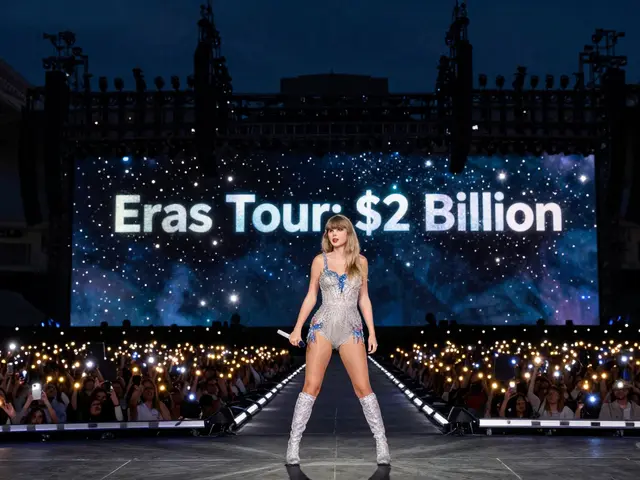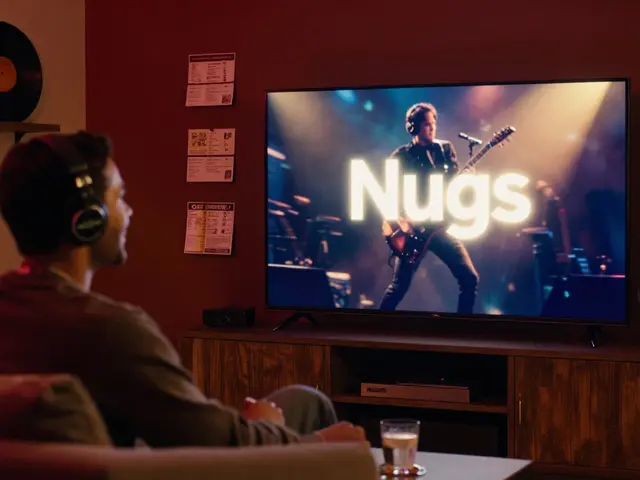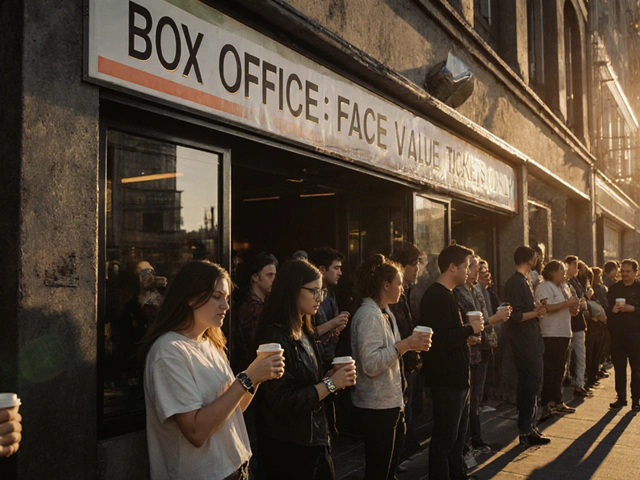People often say they’re going to a concert when they mean a music festival. But are they the same thing? If you’ve stood in a field at Lollapalooza, soaked in rain, dancing between five different bands in one day, you’re not at a concert. You’re at a festival. And that difference matters-not just in how you plan your weekend, but in how you experience music.
What Exactly Is a Concert?
A concert is a single live performance by one artist or band. It happens in one venue-maybe a theater, an arena, or even a small club. The whole night revolves around that one act. You buy a ticket for that show. You arrive, you sit or stand, you watch, you sing along, and when the last song ends, you leave. Simple. Focused. Predictable.
Think of Taylor Swift at Spark Arena in Auckland, or a jazz quartet playing at Wellington’s Bodega. One stage. One setlist. One headliner. The entire experience is built around that one musical moment. You don’t switch genres halfway through. You don’t have to choose between acts. You’re there for one reason: to hear that artist live.
What Makes a Music Festival Different?
A music festival is a multi-day event with multiple artists across several stages. It’s not just about the music-it’s about the whole environment. Think Glastonbury, Coachella, or New Zealand’s Rhythm & Vines. You show up on Thursday and don’t leave until Sunday. You camp. You eat food trucks. You meet strangers. You dance to a hip-hop act, then a folk singer, then a metal band-all before dinner.
There’s no single headliner. There’s no single set. There’s no single experience. A festival is a curated collection of performances, often spanning dozens of genres, all happening at once. You don’t just go to hear music-you go to be part of a temporary community. The music is part of it, but so is the vibe, the art installations, the workshops, the chill zones, and the shared exhaustion.
Structure: One Night vs. Multiple Days
Concerts are timed. They start at 7 p.m. and end by 10:30 p.m. You know exactly how long you’ll be there. Festivals? They run for 24 hours a day over multiple days. You might catch a sunrise set on Friday, then sleep in a tent until noon Saturday, then hit the main stage at 5 p.m. The schedule isn’t a script-it’s a menu.
At a concert, you’re a spectator. At a festival, you’re a participant. You choose your path. You skip a band you don’t like. You wander off to find a hidden DJ set in a forest. You might not even see your favorite artist if you get distracted by a street performer with a theremin.
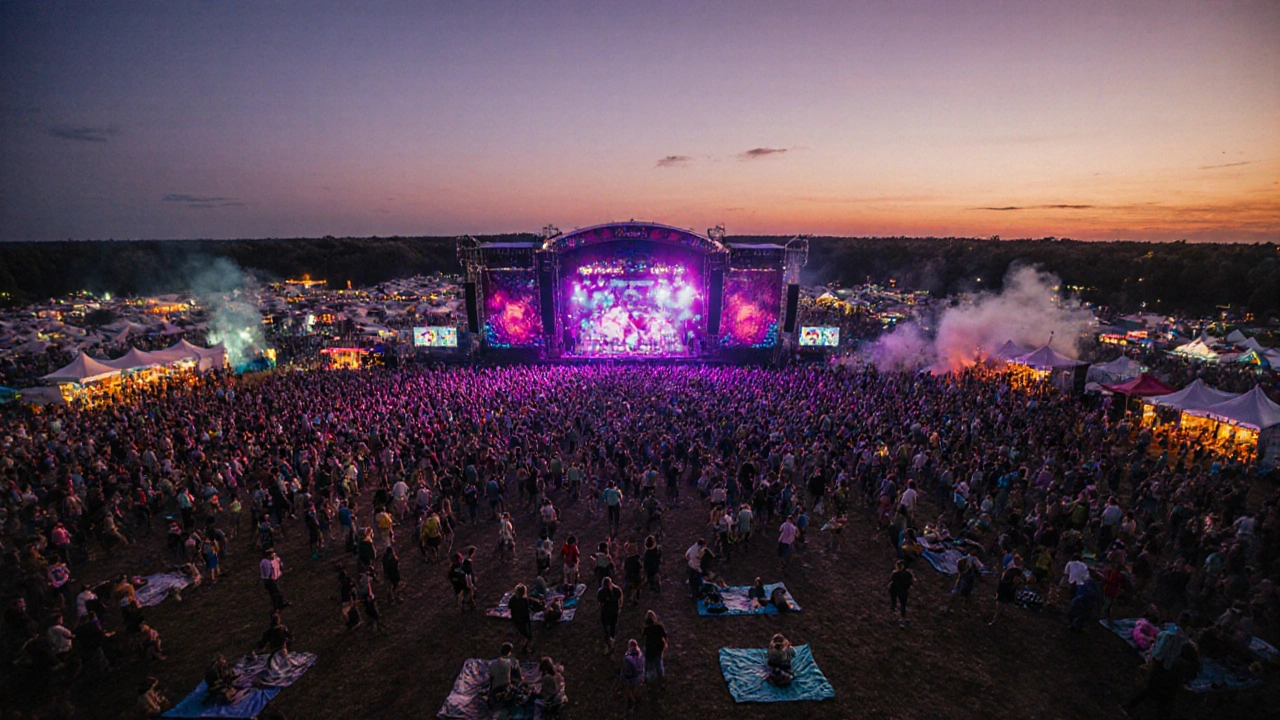
Scale and Logistics: What You’re Paying For
Concert tickets are priced for one show. A $120 ticket gets you into one venue for one night. Festival tickets? They’re often $300 or more. But you’re not paying for one act-you’re paying for access to 50+ acts, camping, security, portapotties, water stations, food vendors, and sometimes even shuttles and medical tents.
Concert venues are controlled environments. Seats are assigned. Lights are dimmed. Sound is engineered for clarity. Festival stages are outdoors, often in muddy fields. Sound bleeds between stages. You hear the bass from the next tent over. That’s not a flaw-it’s part of the chaos you signed up for.
Expectations: Intimacy vs. Immersion
Concerts are intimate. You’re close to the artist. You might make eye contact. You might scream your heart out and feel like you’re the only one there. The connection is personal. The artist looks at you. You sing the lyrics back to them. It’s a two-way exchange.
Festivals are immersive. You’re part of a crowd of 50,000 people. You might not even see the stage clearly. But you feel the energy. You’re surrounded by people who love the same music you do. You share snacks. You dance with strangers. You don’t just hear the music-you live it.
One isn’t better than the other. They’re different tools for different moods. Want to hear your favorite band play every song they’ve ever written? Go to a concert. Want to discover five new artists you didn’t know existed and sleep under the stars? Go to a festival.
What About One-Day Festivals?
You might argue: “What about a one-day festival with three bands? Isn’t that just a concert?”
No. Even if it’s one day, it’s still a festival if it has multiple acts, multiple stages, vendors, and a curated atmosphere. Think of Wellington’s annual WOMAD-it’s one day, but it’s still a festival because it brings together global artists, food stalls, workshops, and art. It’s not just a lineup. It’s a cultural experience.
Compare that to a night at the Opera House where three classical ensembles perform back-to-back. That’s still a concert series, not a festival, because there’s no community, no camping, no food trucks, no wandering. It’s curated, but not immersive.
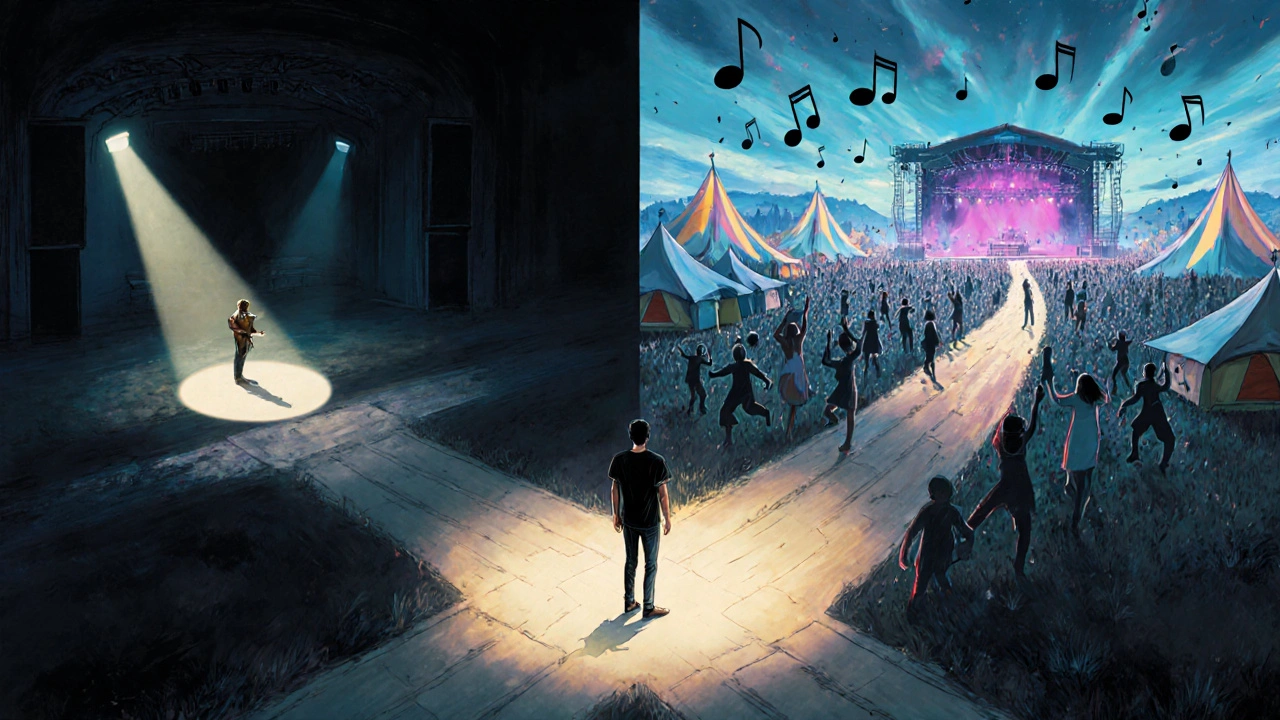
Can a Festival Have a Concert Inside It?
Yes-and that’s where the confusion starts.
Each individual performance at a festival is technically a concert. When Tame Impala plays on the main stage at Splendour in the Grass, that’s a concert. But the event around it? That’s the festival. So you can say: “I saw Tame Impala at Splendour,” and you’re correct. But if you say, “I went to a concert at Splendour,” you’re being imprecise. You went to a festival. You saw a concert within it.
It’s like saying you went to a movie theater and watched a film. You didn’t go to a movie-you went to a theater. The film is the content. The theater is the setting.
Which One Should You Choose?
Ask yourself: Do you want to focus on one artist? Then pick a concert. Do you want to explore, discover, and lose yourself in a sea of sound? Then pick a festival.
Concerts are for when you need clarity. For when you want to hear every note perfectly. For when you want to feel like the artist is singing just to you.
Festivals are for when you want to feel alive. For when you want to dance in the rain with strangers. For when you want to find your new favorite band in a tent you didn’t even know existed.
Both are valid. Both are powerful. But they’re not the same.
Why This Distinction Matters
It matters because it affects how you plan, how you spend your money, and how you remember the experience.
If you show up to a festival expecting the quiet intimacy of a concert, you’ll be disappointed. If you go to a concert expecting to camp out and meet new people, you’ll be confused.
Knowing the difference helps you choose the right event for the right mood. It helps you pack the right gear. It helps you budget. It helps you avoid showing up at 9 a.m. on a Saturday at a festival that starts at 2 p.m. because you thought it was a “concert.”
And honestly? It helps you appreciate both more.
You don’t need to love both. But you should understand them.

